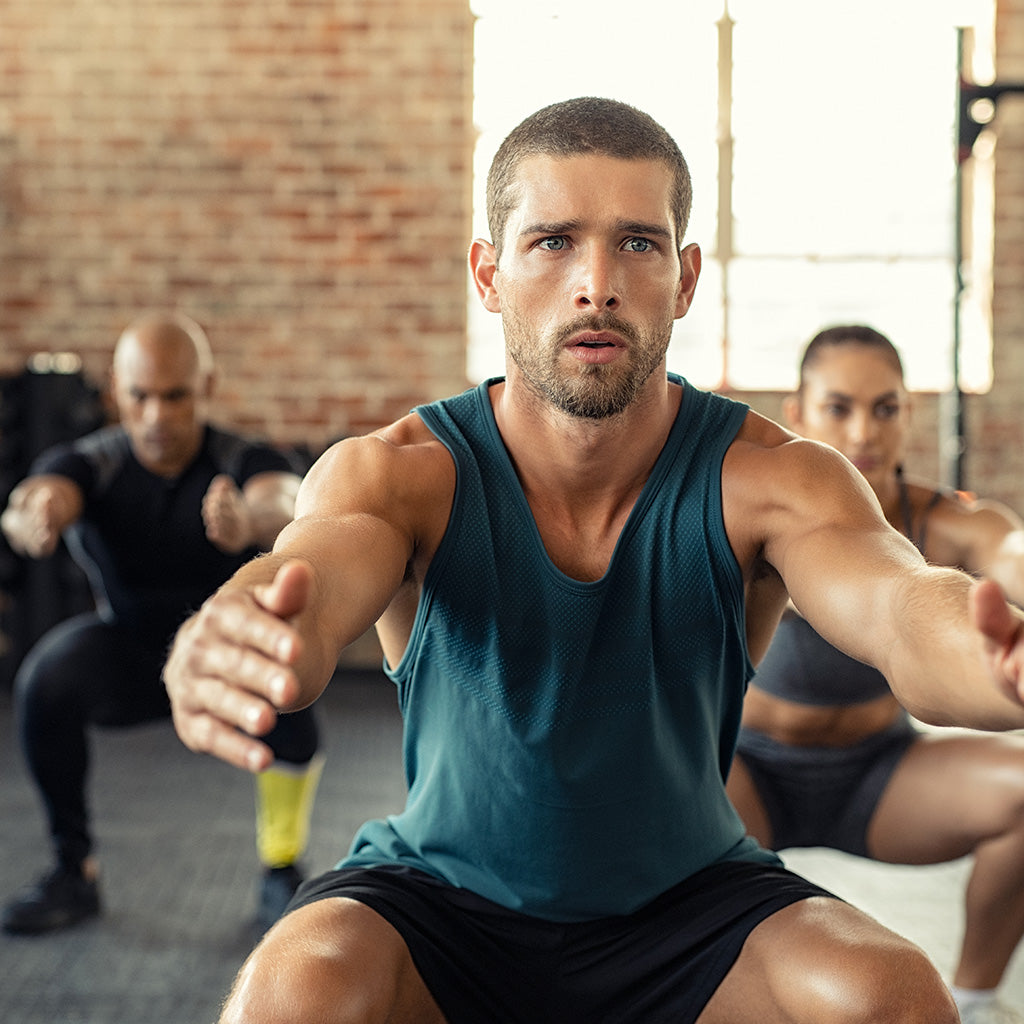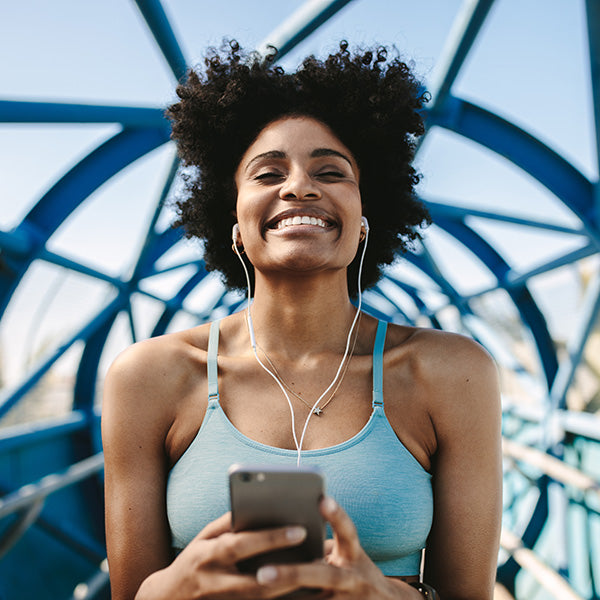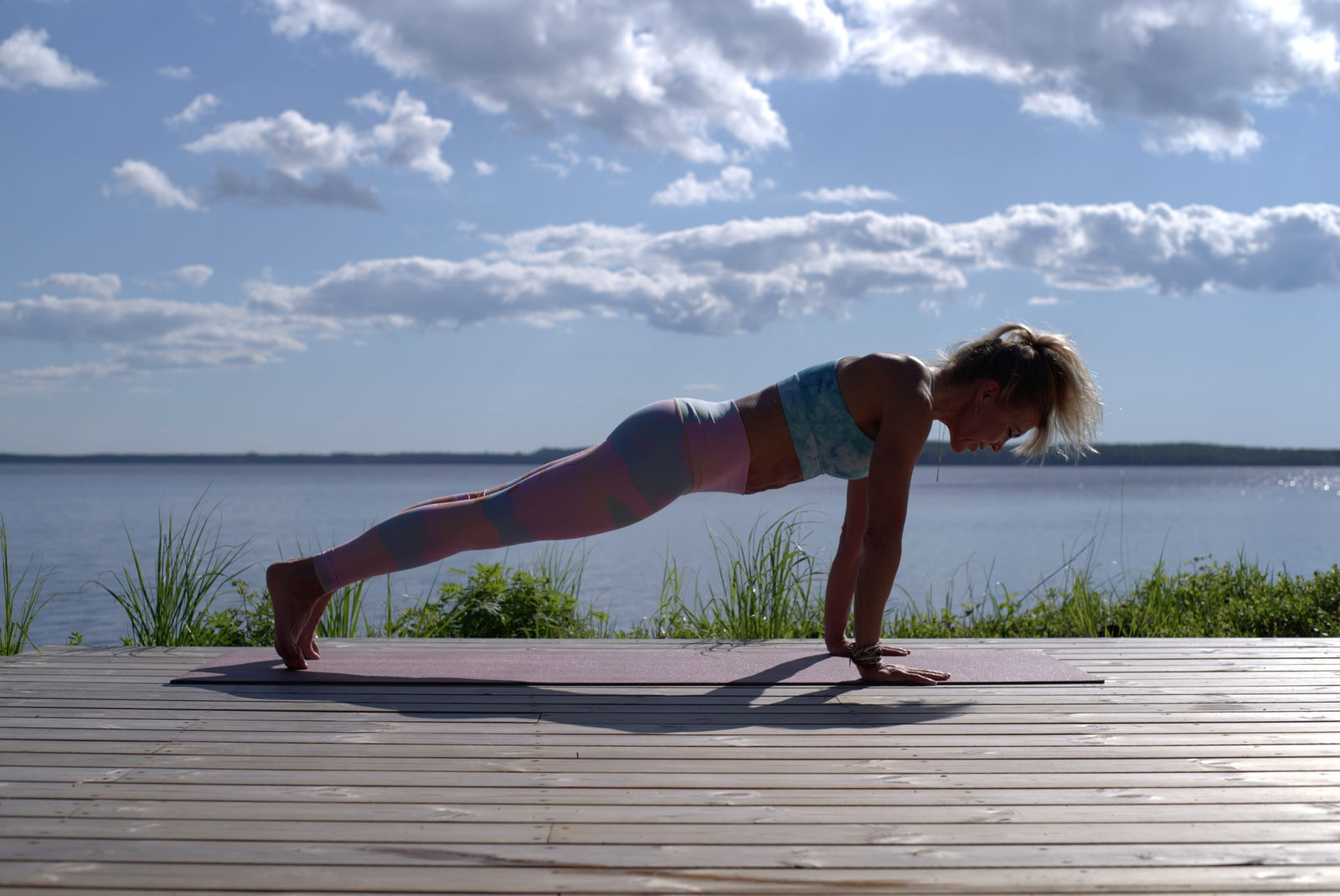For those who need to stay awake or get an instant energy boost, caffeine has been the go-to stimulant.
Found in various sources like coffee, cocoa beans, tea plant, nectar and even in totally unexpected foods like ice cream and yogurt, caffeine is a natural substance that’s considered a “moderately effective alerting agent.” [1]
This means that caffeine promotes alertness and keeps you awake.
But it also does so much more than that!
Aside from helping you wake up and get out of sluggish zone, here are 7 ways caffeine affects your health and body:
Energy boost
First things first. To understand how caffeine helps you get out of bed, you need to know what adenosine is.
As the body metabolizes ATP, a high-energy molecule used for a constant supply of energy, it liberates adenosine, which is the reason for why you feel sleepy. As the sleep-inducing molecule in the body, adenosine binds to receptors in the brain, leading to a slowdown in nerve cell activity and drowsiness.
Caffeine enters the picture when it binds into adenosine receptors. Because it looks like adenosine, caffeine gets mistaken as such and binds into the receptors. It then blocks and prevents actual adenosine from linking to receptors.
Voila – instead of slowing down nerve cell activities, caffeine does the complete opposite and stimulates you! [2]
Related article: How does caffeine keep you awake
To find out more about this topic, watch the video below:
Mental performance
Caffeine can help you become more attentive and laser-focused. According to the European Food Safety Authority (EFSA), there’s a direct causal relationship between 75mg of caffeine, which is equivalent to a tall cup of coffee, and a higher level of attention and alertness. [3]
It can also enhance cognitive functions such as attentiveness, efficient learning, enhanced long-term memory, planning and concentration.
Related article: 8 ways caffeine affects your concentration and mental performance
Sports performance
Athletes also enjoy the benefits of caffeine. In fact, 75% of the world’s elite athletes take advantage of caffeine’s performance-enhancing properties.
Caffeine helps athletes achieve optimal sports performance by delaying feelings of fatigue and preventing sleep. [4] This is especially helpful for those who need to cope with a different time zone and battle jetlag before gun start!
Also, a Men’s Health article reports that caffeine enhances “short-term, intense activities and improves endurance athletes’ times by up to 3 percent—a margin that could certainly matter in Olympic-caliber competition.” [5]
Related article: How much caffeine is allowed in sports?
Mood
Caffeine can turn you into a walking ball of sunshine. It improves your mood and eases the risk of depression.
According to a study, a tall cup of coffee containing 75 mg of caffeine can result in a “pattern of sustained improvement of mood over the day.” It can increase alertness and well-being, help concentration, improve mood and limit depression. [6]
Also, a report by the Harvard School of Public Health says that caffeine can make you a generally positive person. This is because of the substances that activate the reward systems of the brain, thus mimicking the effects of a mild antidepressant. [7]
Related article: How does caffeine affect your mood?
Metabolism
To those trying to lose or watch their weight, here’s a big heads up –
Caffeine can actually boost your metabolism!
- Caffeine has substances that boost metabolism, namely theobromine, theophylline and chlorogenic acid. These substances help your body slow down the absorption of sugars and carbohydrates.
- Caffeine helps burn fat. Research shows that drinking coffee before a workout helps burn more fat than going without it. [8] Caffeine increases energy levels during physical exercise and leads to increased endurance. People who drink coffee before hitting the gym find themselves working harder and longer, burning more calories.
- Caffeine increases metabolic rate. Studies show that caffeine can increase Resting Metabolic Rate (RMR) by 3–11%. [9] This simply means that our favorite stimulant helps our body burn calories more efficiently and lose weight faster.
Related article: 3 ways caffeine boosts your metabolism
Medication
Not everything’s rainbows and butterflies with the stimulant in question.
Unfortunately, caffeine can also have a negative interaction with certain medications.
A report by the New York Times says that caffeine can influence the effectivity of some medications and hinder them from working properly. [10]
Some interactions may range from mild to moderate, all the way to lethal. If you are taking medications and craving for a cup of joe, it’s best to consult a medical professional first to find out whether it’s safe to mix your meds with caffeine.
Related article: Caffeine and medication: can you combine them?
Healthy glowing skin
And we’ll wrap up with a pleasant surprise for you.
Did you know that caffeine can also give you fresh-looking skin?
Yep – you can use your coffee grounds as a natural coffee scrub for your face and body!
When applied topically, coffee stimulates blood flow to the area, leading to a radiant and bright skin. Mixed with other ingredients like cinnamon, it exfoliates the skin, makes it more supple, gets rid of germs, and heals wounds. Here are some of the ways a DIY coffee scrub can benefit your skin.

Related article: Benefits of a coffee scrub
How to take caffeine
There are many ways by which you can consume caffeine. Some of them are:
Through your favorite cup
Unless you've been hiding under a rock, chances are you know that coffee is a great source for caffeine. A normal cup of coffee (tall size) contains 75 mg of caffeine. But the exact amount of caffeine can also depend on the brand.
Find out how much caffeine is in your favorite brand of coffee.
Tea is another source of caffeine. The amount of caffeine depends on the type of tea you consume, the part of the tea you use, how you brew it, and whether you roast it or not.
Related article: Does tea have caffeine?
Through foods
Caffeine may also be found in foods such as chocolates, ice cream, frozen yogurt, and even cereals!
Find out how much caffeine is in each here: Here's how much caffeine you should have in a day
Through a caffeine pill or other supplement
Your caffeine fix can also go in the form of a capsule or a caffeine mint.
It may have natural caffeine straight from the brewing process, while it may have synthetic caffeine too.
Some caffeine mints like Viter Energy Mints have 40 mg per mint.
VALI makes a supplement that contains 50 mg of caffeine and 100 mg of L-Theanine per capsule called Caffeine & L-Theanine.
We also make Time Release Caffeine, which is for an extended all day energy boost. It contains 100 mg of extended release microencapsulated caffeine that releases slowly into your body over time to give you a gentle caffeine boost for hours.
And, if you're looking for an all around cognitive boost with other ingredients that are beneficial for your brain, check out our Neuro Force nootropic brain booster.
Sources
[1] https://www.livestrong.com/article/480438-caffeine-sweating/
[2] https://www.ncbi.nlm.nih.gov/pubmed/27631327
[3] https://www.efsa.europa.eu/en/panels/nda
[4] https://www.menshealth.com/health/a19537652/caffeine-and-olympics/
[5] https://www.menshealth.com/health/a19537652/caffeine-and-olympics/
[6] https://www.ncbi.nlm.nih.gov/pubmed/26677204
[7] http://www.stethnews.com/1016/study-confirms-coffee-can-make-you-happy/
[8] https://link.springer.com/article/10.1007%2Fs10068-010-0151-6








